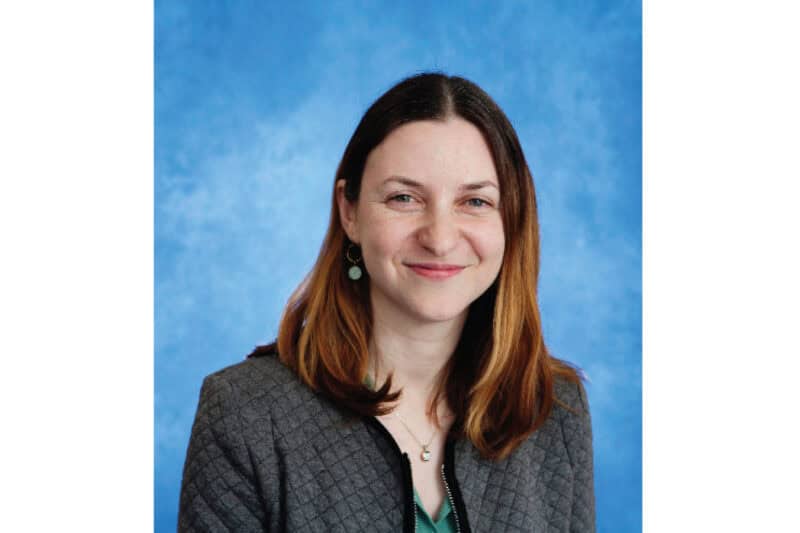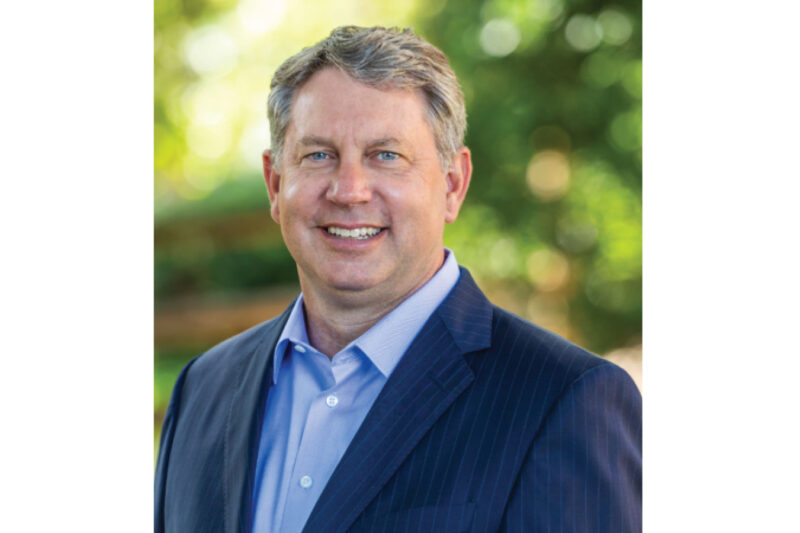Podcast Topic
The last 18 months have been challenging for the ag industry, and we’ve seen a rollercoaster of milk prices throughout the COVID pandemic. As the world begins to normalize, we can now shift our focus to impacting efficiency and profitability across the dairy operation. Tonight, we’re going to get really practical and dig into ways we can improve milk component production.
Episode: 18 Impacting Milk Components
Timestamps
Corwin describes that he monitors, on a monthly basis, energy corrected milk, pounds of fat, pounds of protein, ratios relative to dry matter intake, what our energy corrected feed efficiency is. He also looks at our component efficiency, pounds of fat and pounds of protein combined, relative to herd average dry matter intake. 7:22
Dr. Tom Overton discussed how components are heritable. This means some of your herds think about genetics and how they also use those strategies to try to improve not just milk yield, but also component yields over time. 17:08
There is a concern by many, Corwin Holtz shares, that we’re probably not pushing up feed nearly as many times a day as what we should. In his opinion, if we’re not close to 12 times a day, we’re probably not getting the job done the way we ought to be. 38:26
Dr. Tom Overton discusses that all fractions are going to move up or down together when you talk about milk fat protein or total milk fat percentages. He shares that if we’re in a milk fat depression type scenario, they all go down, but the de novos go down proportionally more. It helps us identify where that issue may be, relative to saturated fatty acids. 51:20
From Corwin Holtz’s experience, good fiber digestibility; that’s the key to any nutrition program and feeding management. He describes that we deal with a lot of overcrowded barns and that’s not going to change. But can we get our feeders and feeding management into a routine that we are not slug feeding? Can any cow at any time that wants to go up and eat has the ability to? I think those are two key things that we continue to press with our clients’ day in and day out. 58:06
If you want one of our new Real Science Exchange t-shirts, make sure to screenshot your rating, review or subscription, and email a picture to anh.marketing@balchem.com. Include your size and mailing address and we’ll get a shirt in the mail to you.
Please subscribe and share with your dairy industry friends to bring more friends to join us around the Real Science Exchange virtual pub table.
This podcast is sponsored by Balchem Animal Nutrition and Health.


